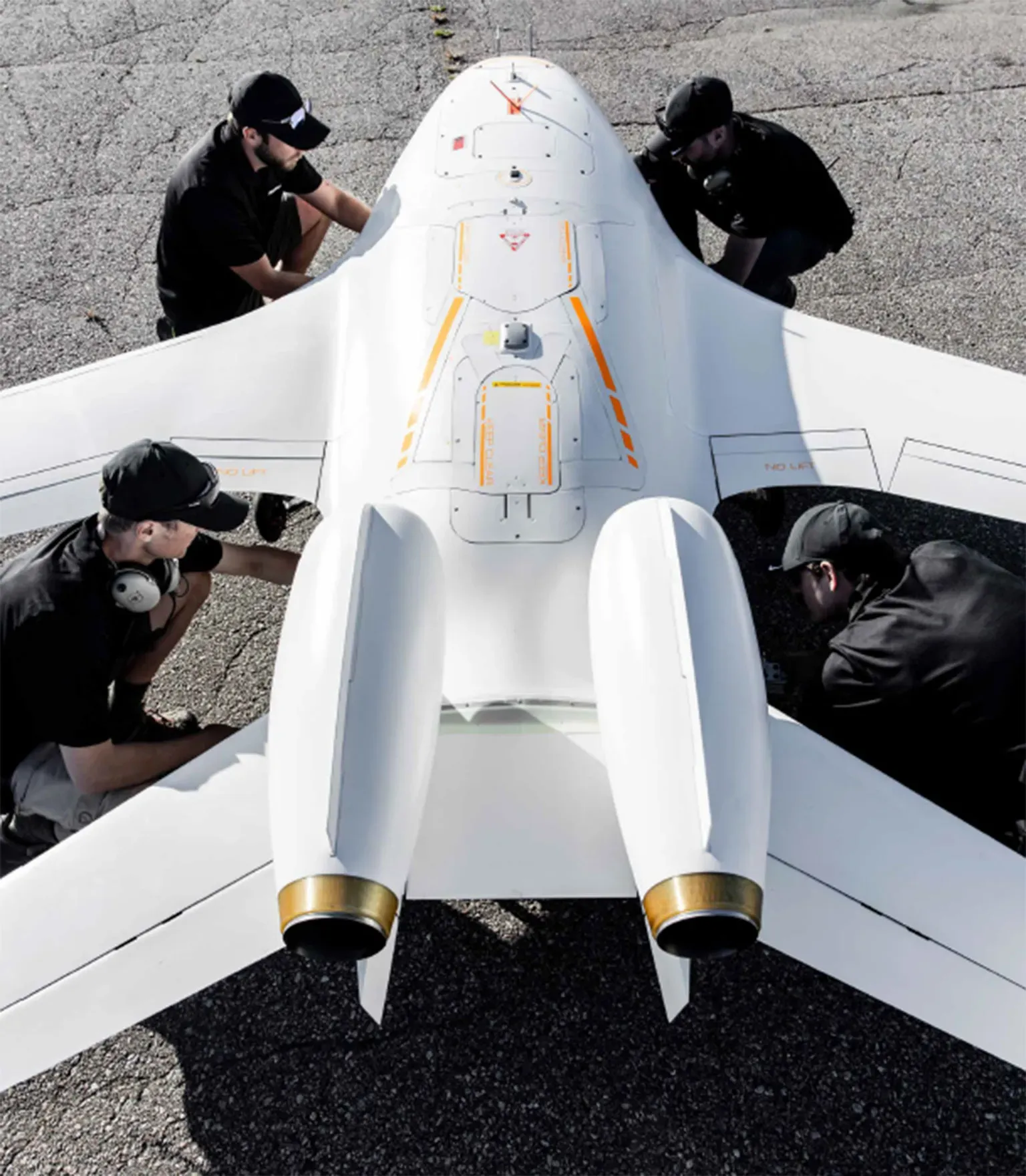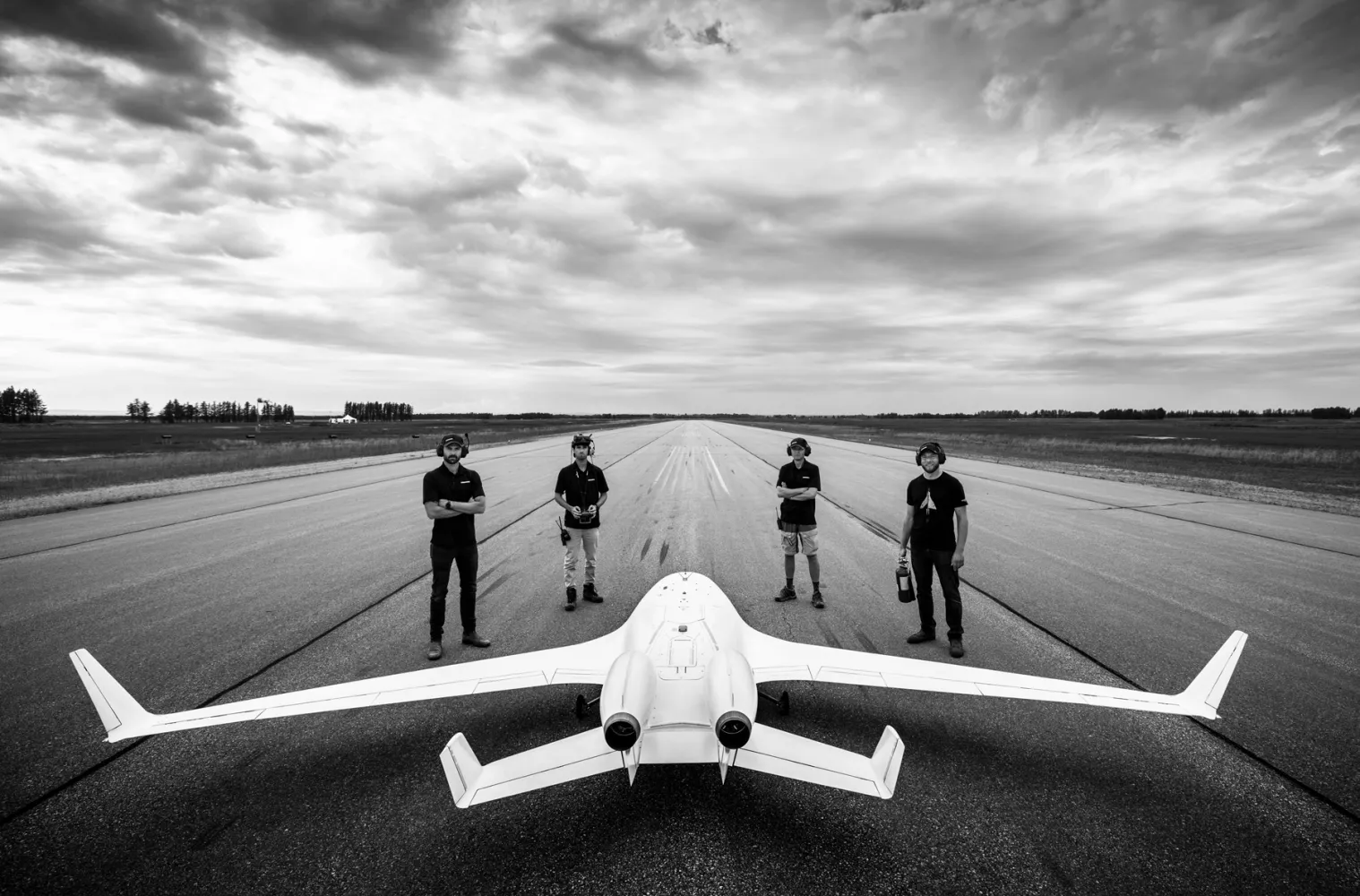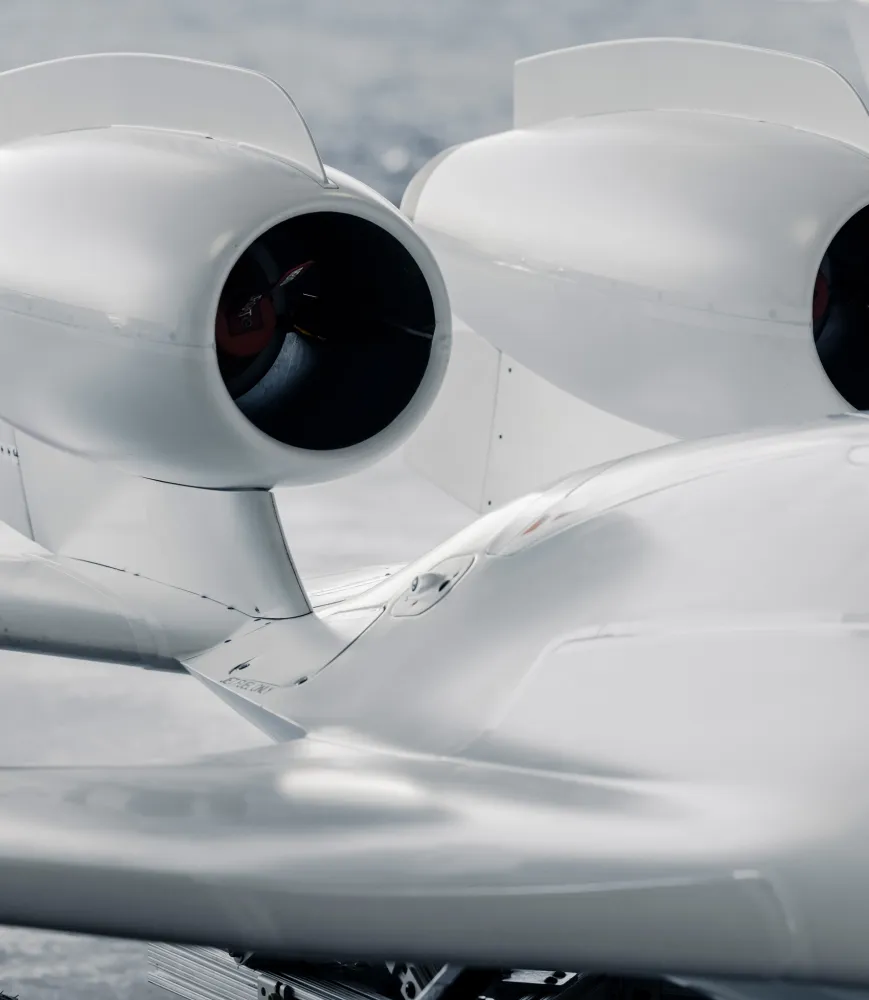The project is part of Bombardier’s ongoing commitment towards a more sustainable aviation, which it under- stands as critical not only to mitigate its own environmental impact, but to ensure the longevity of the industry it leads, seeing a sustainable mindset as inseparable from economic growth. To do this, Bombardier is devoting most of its research and technology budget towards developing more sustainable aircraft technologies.
Building flying machines that would perform at the level of today’s business jets and incorporate current sustainability approaches involves inherent unique challenges. Complete electrification of jet engines, for example, is not viable at the moment for long-range business jets primarily due to battery weight. Simply put: flying a plane with a comfortable cabin volume over a long mission and at high speeds requires a lot of energy, and batteries are still too heavy.
Barriers to electrification aside, while business aviation accounts for only 0.04% of global CO2 emissions annually (by comparison, the fashion and agriculture sectors are each estimated to be responsible for approximately 10%), the industry has articulated a goal to achieve net-zero carbon emissions by 2050. It’s a bold vision, and one to which Bombardier has aligned its Research and Technology efforts. The EcoJet Research Project plays a crucial role, offering a platform through which Bombardier can test, fail, gather data, rinse, repeat and iterate, forging a path towards a new generation of aircraft. The project was initiated behind closed doors more than a decade ago, when Bombardier’s research and technology team married their deep expertise in aerodynamics with projections of future needs and possibilities.







